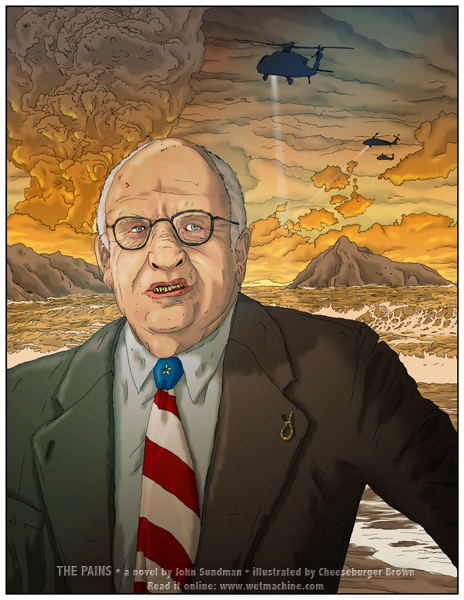I spent a charming 40 extra minutes on this evening commute, mulling over the steaming big pile of FAIL that is the MBTA (officially, the Mass Bay Transport Authority, for those of you outside the Boston area). Because, you know, the day before Thanksgiving is the perfect time to have trains break down and buses not show up. Everyone is slacking off and leaving work early… why not the MBTA?
Anyhow, I decided after hearing for the millionth time the every 2-minute reminders to be paranoid and report anything suspicious from MBTA head Daniel Grabauskas, that I realized how I could pitch in and help make the T better. I could rewrite Mr. Grabauskas’s announcement to inject a little truth…




